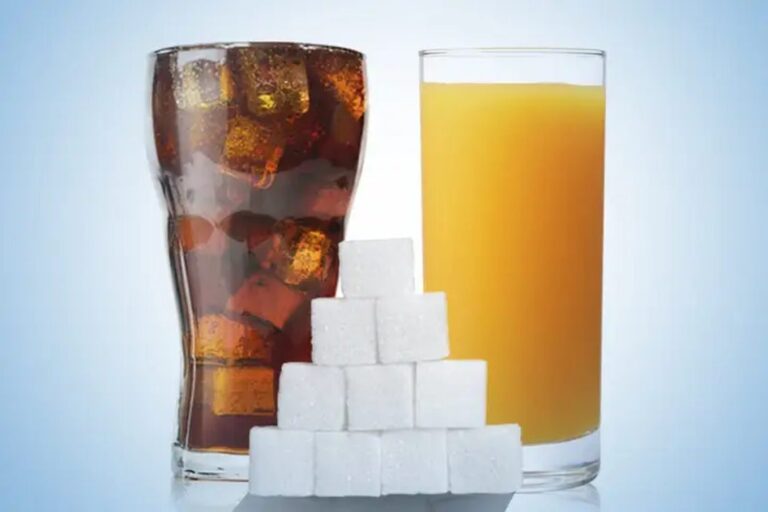In a significant development, the World Health Organization (WHO) and the International Agency for Research on Cancer (IARC) Joint Expert Committee on Food Additives (JECFA) have jointly published their findings on the potential carcinogenic effects of aspartame, a widely used artificial sweetener.
The research outcomes reveal limited evidence indicating the possibility of aspartame causing human cancer. However, JECFA has established an acceptable daily intake (ADI) level of 40mg/kg of body weight.
According to the statement released by the IARC, “IARC classified aspartame as possibly carcinogenic to humans (Group 2B) based on limited evidence for cancer in humans, specifically for hepatocellular carcinoma, a type of liver cancer. There was also limited evidence for cancer in experimental animals and limited evidence related to the possible mechanisms for causing cancer.”
Contrarily, JECFA’s statement asserts, “JECFA concluded that the data evaluated indicated no sufficient reason to change the previously established acceptable daily intake (ADI) of 0–40 mg/kg body weight for aspartame. The committee, therefore, reaffirmed that it is safe for a person to consume within this limit per day. For example, with a can of diet soft drink containing 200 or 300 mg of aspartame, an adult weighing 70kg would need to consume more than 9–14 cans per day to exceed the acceptable daily intake, assuming no other intake from other food sources.”
It’s noteworthy that these studies were conducted independently by the two organizations. This marks the first evaluation by the IARC and the third assessment by JECFA regarding the potential carcinogenicity of aspartame.
WHO’s carcinogen levels
Group 1 – Carcinogenic (cancer causing) to humans
Group 2A – Probably carcinogenic to humans
Group 2B – Possibly carcinogenic to humans. The category aspartame has been assigned to also includes aloe vera, progesterone-only contraceptives, radiofrequency magnetic fields, naphthalene, and even entire professions like carpentry and dry cleaning
Group 3 – Not classifiable
Experts Weigh In on the Report
Dr. Mary Schubauer, speaking on behalf of the IARC, emphasized that the limited evidence suggesting that aspartame could cause cancer underscores the need for further research to comprehensively understand whether the consumption of this sweetener poses any health risks. In her words, “The findings of limited evidence of carcinogenicity in humans and animals, and of limited mechanistic evidence on how carcinogenicity may occur, underscore the need for more research to refine our understanding of whether the consumption of aspartame poses a carcinogenic hazard.”
The WHO’s Head of Standards and Scientific Advice on Food and Nutrition Unit also commented, “JECFA also considered the evidence on cancer risk, in animal and human studies, and concluded that the evidence of an association between aspartame consumption and cancer in humans is not convincing.” He emphasized the importance of continued testing and long-term follow-up evaluations to address any potential concerns.
Key Takeaways
Aspartame is a chemical sweetener widely used to produce various products, including diet drinks, chewing gum, yoghurts, ice creams, toothpaste, and medications. It has been in use since the 1980s.
Notably, aspartame is approximately 200 times sweeter than regular sweeteners, prompting many companies to replace traditional sweeteners like sucrose with it.
While some companies, such as PepsiCo, temporarily removed aspartame from their products in 2015, they later reintroduced it.
The use of aspartame has been a subject of debate for several decades, and this recent research by WHO and IARC contributes to our understanding of its potential impact on human health.






